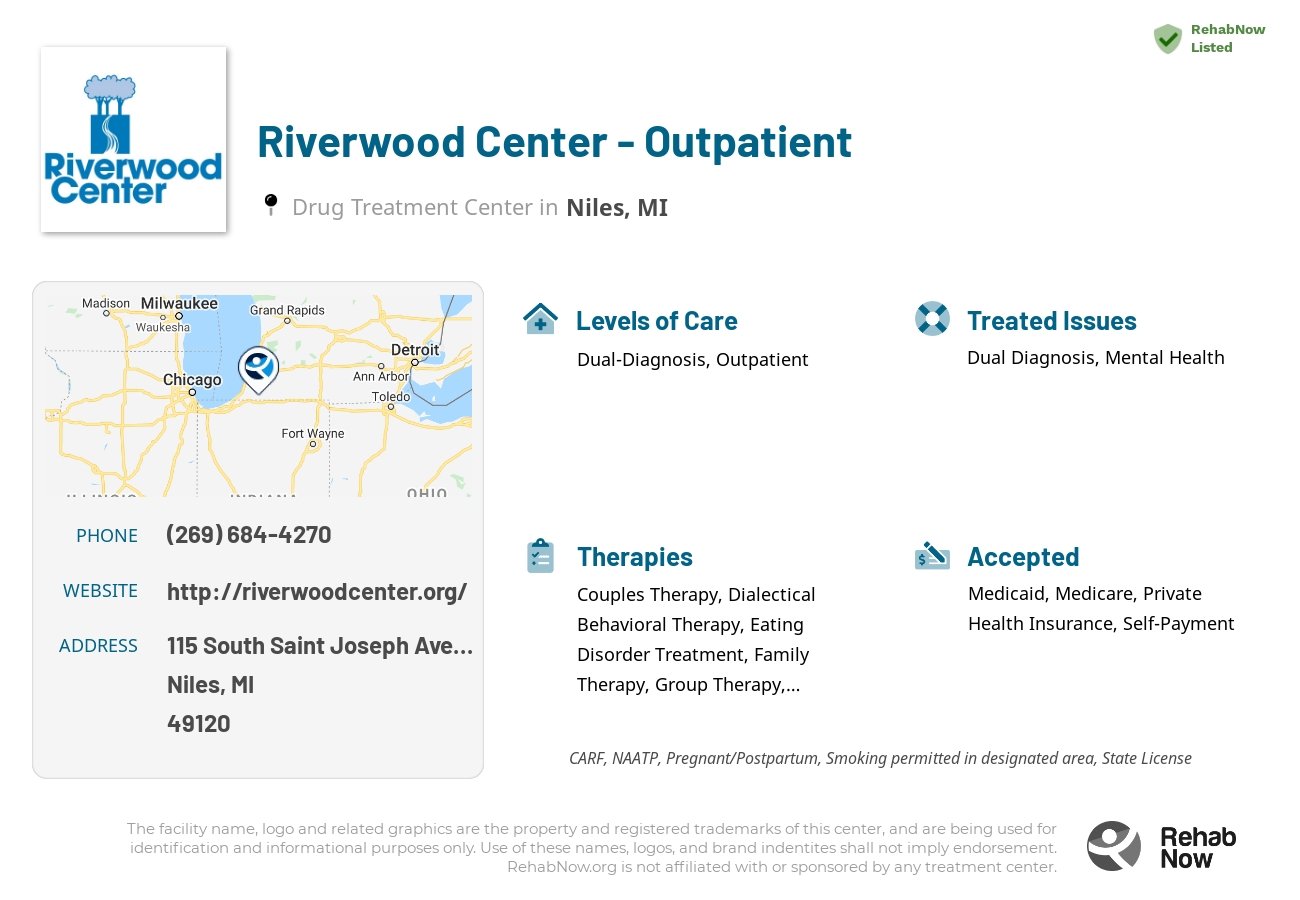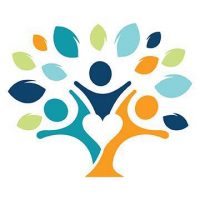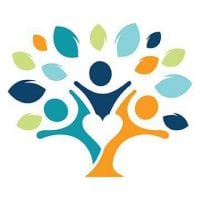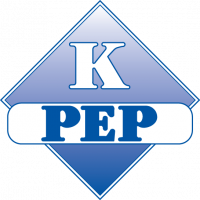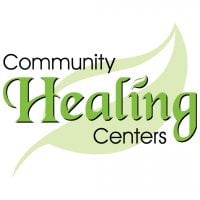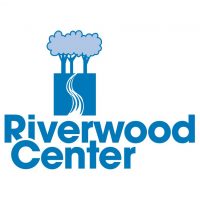
Riverwood Center - Outpatient
Drug Rehab Center in Niles, Michigan
- Mental Health
- Eating Disorder
- Dual Diagnosis
Riverwood Center - Outpatient is a Michigan-based addiction treatment facility founded in 1975 that offers both dual-diagnosis and outpatient levels of care to those suffering from mental health and substance abuse issues, and accepts private health insurance for treatment.
About This Michigan Facility
Located in Niles, Michigan, Riverwood Center is an outpatient treatment center that specializes in dual diagnosis, eating disorder, mental health, substance abuse, alcoholism, and drug addiction. Founded in 1975, it offers a range of levels of care, including dual-diagnosis and outpatient treatment, that are designed to help individuals overcome issues related to their mental health and addiction.
The center provides a range of methods and treatments, such as couples therapy, dialectical behavioral therapy (DBT), eating disorder treatment, family therapy, group therapy, individual therapy, and trauma therapy. In addition, it offers dual-diagnosis and outpatient treatment, residential long-term and short-term care, cognitive behavioral treatment (CBT), assertive community treatment, case management, sober-living and halfway houses, employment counseling, individualized treatment, relapse prevention, intervention, and multicultural services. Riverwood Center accepts private health insurance for its services.
Genders
Ages
Modality
Additional
Conditions and Issues Treated
When addiction and psychiatric issues co-occur, the addict’s recovery is more successful when both conditions are treated. A dual diagnosis refers to a condition in which the patient is diagnosed with two health issues: addiction and bipolar disorder. The most common therapies are psychotherapy, behavioral therapy, spiritual counseling, 12-step programs, and medication management.
Levels of Care Offered at Riverwood Center - Outpatient
This center offers a variety of custom treatment tailored to individual recovery. Currently available are Dual-Diagnosis, Outpatient, with additional therapies available as listed below.
An outpatient treatment program is set up to help with alcohol or drug addiction or a co-occurring disorder. The patient must attend the facility for their therapy and other programs but can return home each night.
The frequency of mandatory attendance decreases after much of Riverwood Center - Outpatient‘s program is complete.
Outpatient treatment is a recovery approach that allows recovering addicts to live at home while getting rehab for addiction
An outpatient can include day treatments which include attending group sessions one hour per week. A person living in an outpatient environment may be allowed the opportunity to work full time if they choose to and continue studies without interruption from drugs/alcohol.
Outpatient treatment is an option for people who want to maintain their careers and families. Outpatients live at home but attend treatment such as individual counseling, group counseling, or twelve-step meetings during the day.
Therapies & Programs
At Riverwood Center - Outpatient , to learn from past mistakes and improve one’s situation, the recovering person meets individually with a therapist. The counselor or therapist will address addiction causes, triggers, mental issues, dual diagnosis, and aftercare plans during this time. This is a very intense and challenging process. Some clients find it easier to open up to someone other than family or friends who understand their struggles with addiction.
Couples therapy sessions are typically used to help couples in recovery from drug addiction work through their issues. These types of sessions can be beneficial for many reasons, including the fact that they add a layer of accountability when both partners in a couple are recovering from addiction.
Therapy can also provide addicts with another effective way to cope with stress and avoid relapse during difficult situations. This type of therapy can help improve communication with their partners, which can strengthen the relationship and prevent future problems that might lead to relapse.
Family therapy is a crucial part of drug treatment and getting sober. It is one of the most effective ways to help addicts stay on the path to long-term sobriety. An addict’s family can play a vital part in helping them to avoid relapse. They can spot the warning signs and help them get back on track.
In group therapy, recovering addicts meet with a therapist and other people in recovery. Some groups are closed, meaning only people who share the same addiction or problem can attend. Others are open to anyone who wants to stop using drugs or drinking alcohol. Group therapy sessions typically focus on one topic each week or month so that recovering addicts can discuss issues they face daily.
Trauma therapy allows people to face and learn from past traumas.
Many people suffer childhood traumas that lead to adult addiction. During treatment at Riverwood Center - Outpatient [/type], you can move forward in your recovery and reclaim your sober future! Trauma is a common cause of psychological disorders like Addiction Disorder. It’s common in Addictive Disorders patients because traumatized people have strong emotions or thoughts that lead to addictive behaviors.
Dialectical Behavior Therapy (DBT) is a type of therapy created in the late 1980s and early 1990s. It was designed to help people with high rates of suicidal behavior.
The goal of DBT is to teach mindfulness, distress tolerance, emotion regulation, and interpersonal effectiveness to help people learn how to live a life that is no longer controlled by overwhelming emotions and urges.
DBT is beneficial in treating drug addiction because it helps patients understand and cope with their cravings for drugs or alcohol rather than turning to those substances as a way of coping.
Cognitive Behavioral Therapy (CBT) is based on the idea that how we feel, think and act all interact together. It helps people explore their thoughts for problems (or false beliefs) that influence their mood and actions. CBT is very goal-oriented, which means that the therapist and patient work together on a specific problem. In addition to helping a client focus on thoughts that can be changed, CBT also allows them to take an active role in their treatment. Our thoughts determine our feelings and behaviors; our feelings affect our thoughts, and our behaviors change our thoughts and feelings.
Payment Options Accepted
For specific insurance or payment methods please contact us.
Is your insurance accepted?
Ask an expert, call (888) 674-0062
Additional Details
Specifics, location, and helpful extra information.
Niles, Michigan 49120 Phone Number(269) 684-4270 Meta DetailsUpdated November 25, 2023
Staff Verified
Patient Reviews
There are no reviews yet. Be the first one to write one.
Niles, Michigan Addiction Information
Michigan has the second-highest rate of drug and alcohol abuse in the nation. Heroin is linked to more than 50% of the state's hepatitis C cases. Marijuana is the drug most often associated with crimes in Michigan, followed by methamphetamines. Opioids alone are responsible for almost 20% of all drug overdose deaths in Michigan.
Over 16,000 people in Niles are addicted to drugs, and almost 30,000 are abusing drugs. Drug addiction and abuse can lead to several negative consequences. According to recent statistics, over 16,000 people in Niles are addicted to drugs, and almost 30,000 are abusing drugs. There are different types of rehabilitation centers in Niles. The type of treatment that will be best for an individual depends on their addiction and their individual needs.
Treatment in Nearby Cities
- Bessemer, MI (372.9 mi.)
- Saint Joseph, MI (22.0 mi.)
- Wakefield, MI (369.7 mi.)
- Dearborn, MI (162.0 mi.)
- Alpena, MI (265.0 mi.)
Centers near Riverwood Center - Outpatient


The facility name, logo and brand are the property and registered trademarks of Riverwood Center - Outpatient, and are being used for identification and informational purposes only. Use of these names, logos and brands shall not imply endorsement. RehabNow.org is not affiliated with or sponsored by Riverwood Center - Outpatient.

